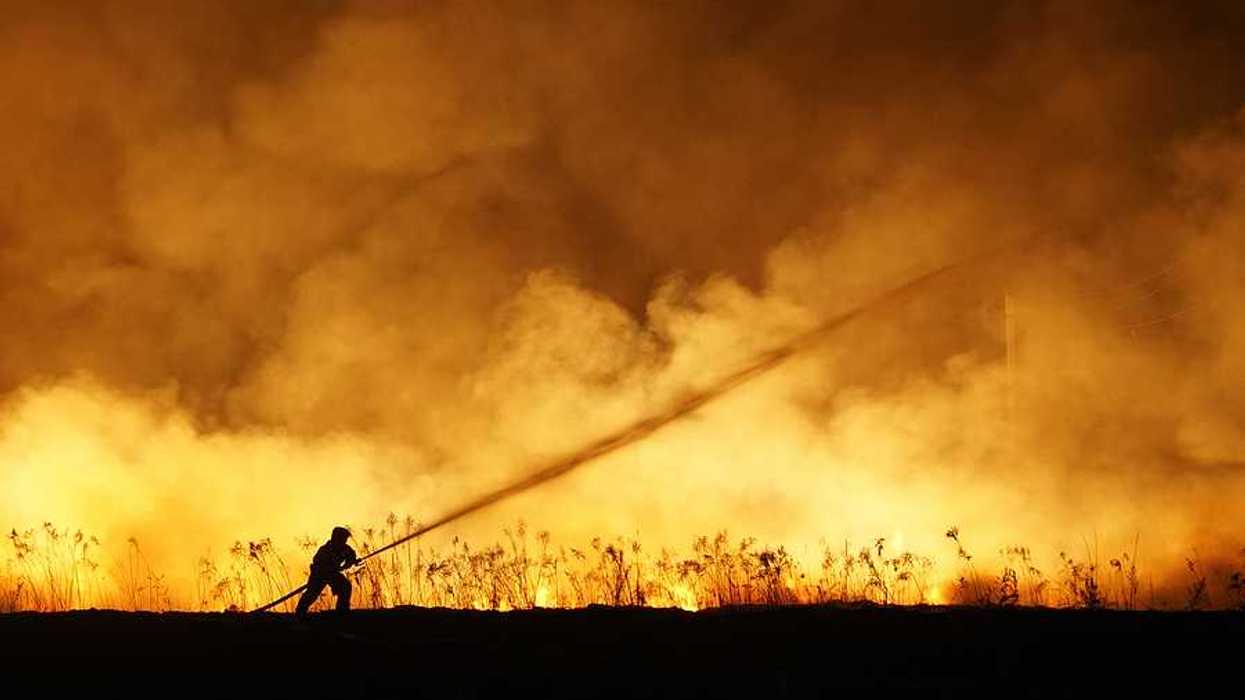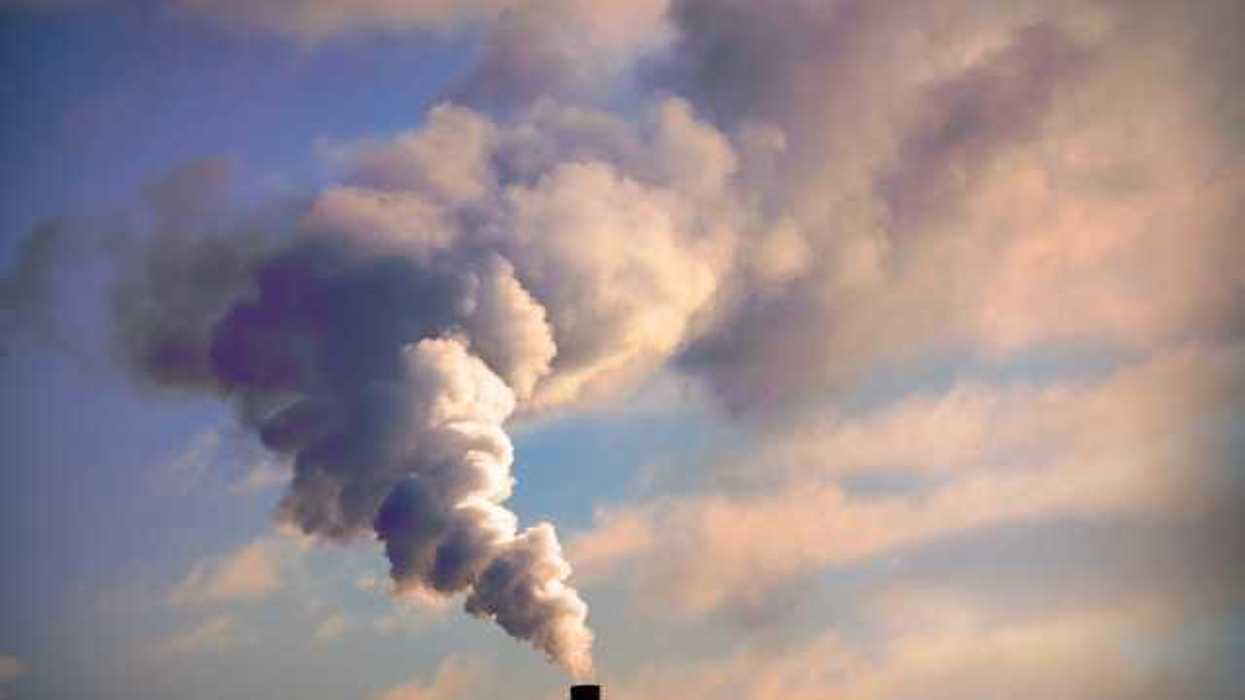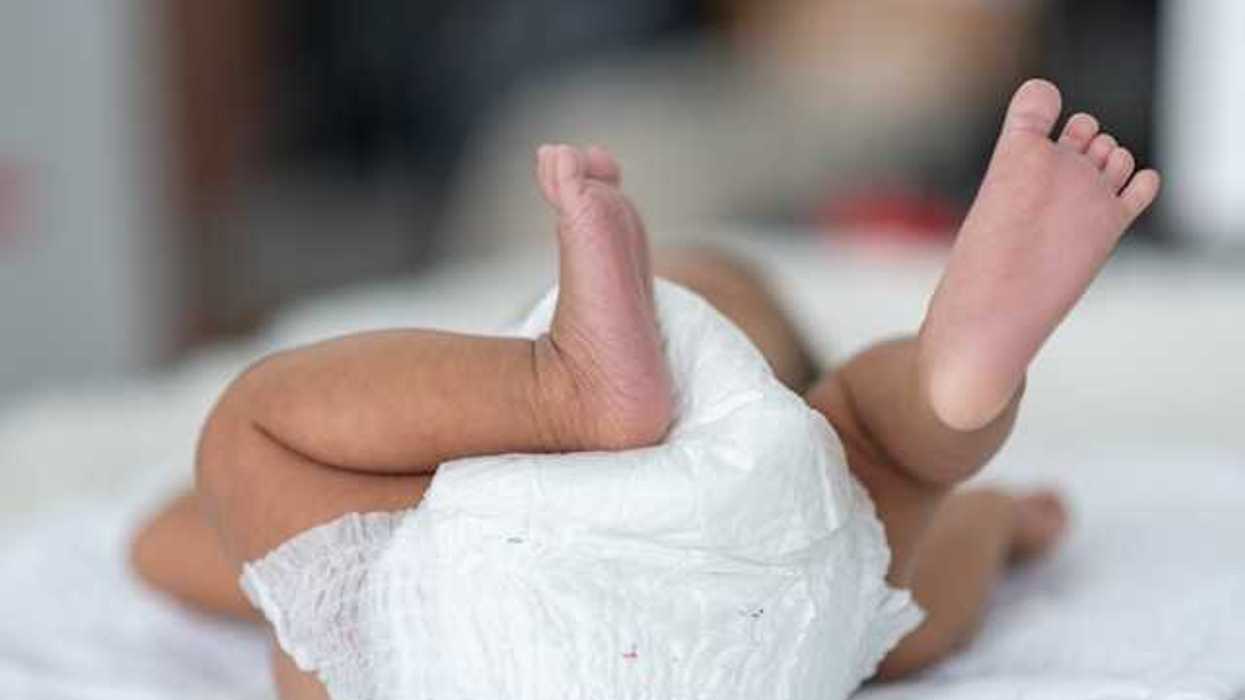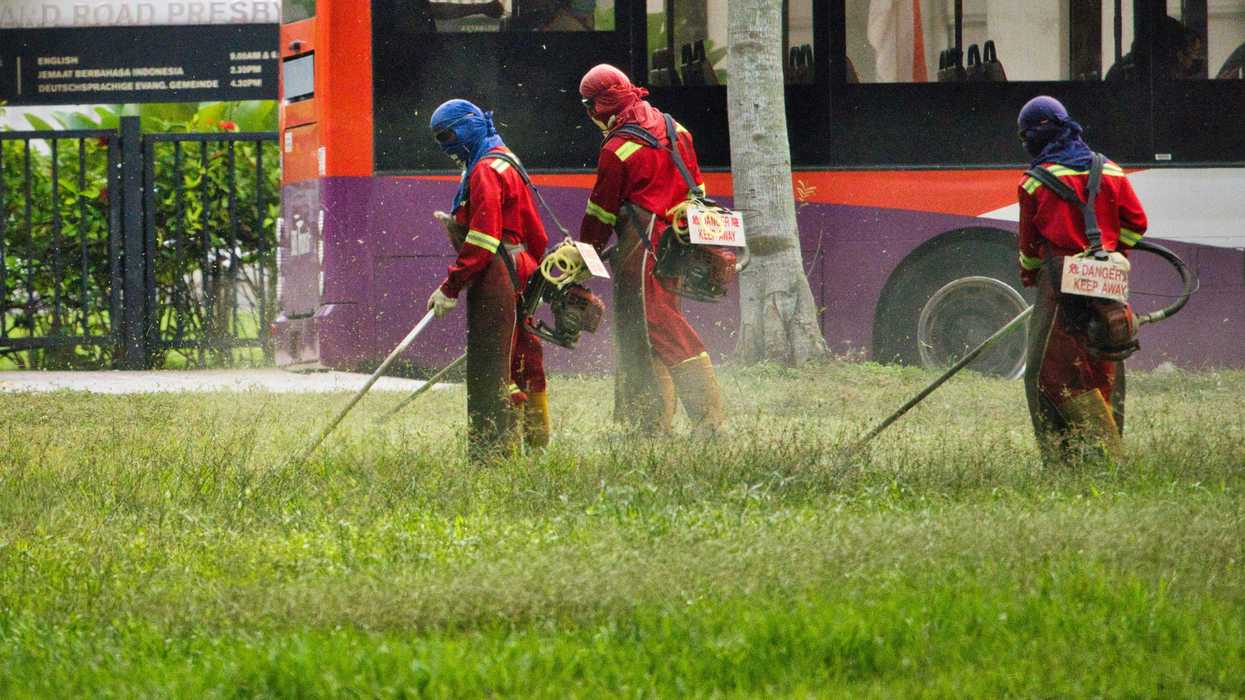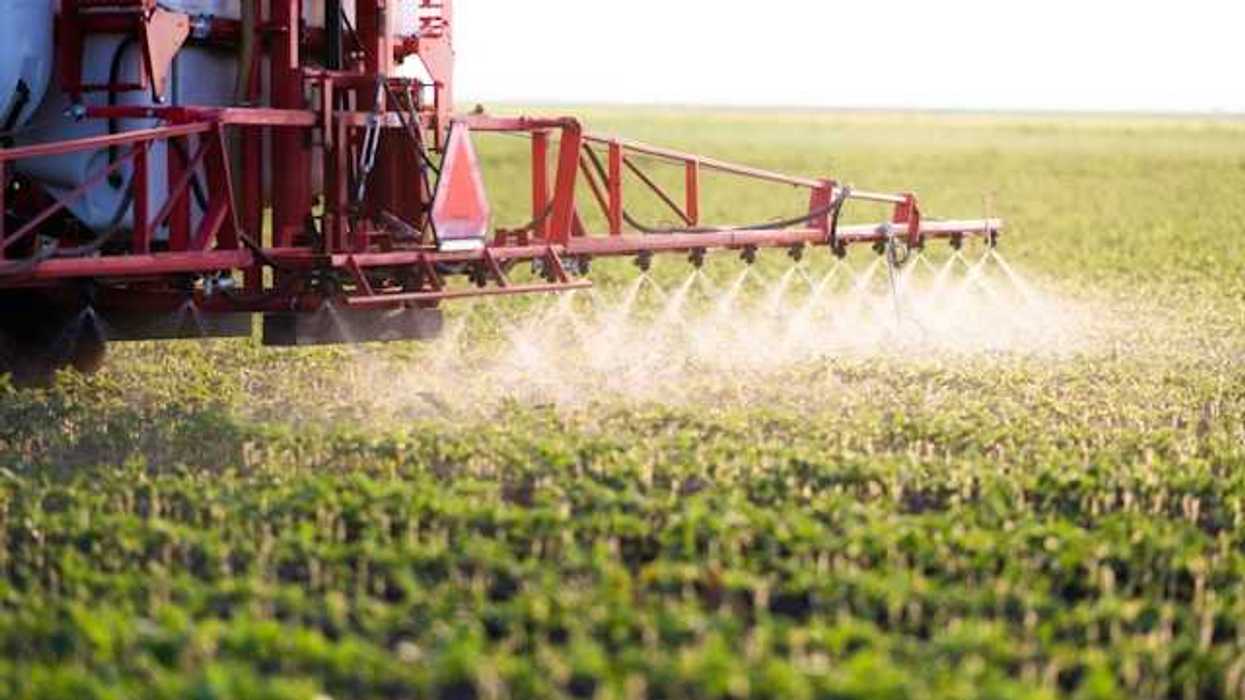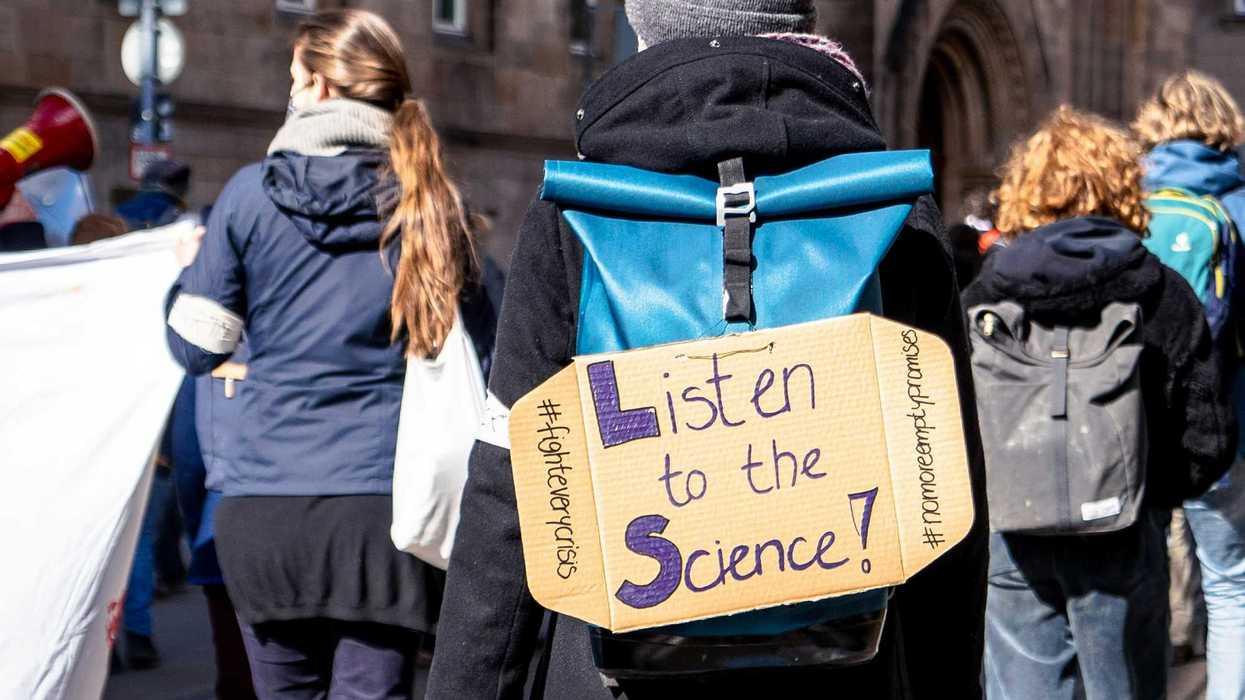The Parable of the Good Samaritan describes how a person outside mainstream society finds a wounded man by the side of the road and helps him – at some personal cost – recover from those who have harmed him. It is one of the defining examples of charity.
But what if the Good Samaritan comes down the same road, and the same man lies wounded again? He helps him again, of course. But how about a third or fourth time? At some point, the Good Samaritan may decide to look upstream and see if he can identify those who are harming the man and stop them from doing so. This act would be one of the defining examples of justice.
In 1982, the state of North Carolina chose a poor, predominantly African-American community to build a toxic waste landfill to dispose of PCBs illegally dumped along roadways of 14 counties. Not content to be victims by the side of the road, residents of Warren County enlisted the support of the United Church of Christ Commission for Racial Justice to reject this toxic landfill through a campaign of nonviolent civil disobedience.
Not only has environmental racism continued, it actually has gotten worse.
In response to this experience, and from others across the nation, the commission launched a study to examine what seemed to be the intentional placement of hazardous waste sites, landfills, incinerators and polluting industries in communities inhabited mainly by African Americans, Hispanics, Native Americans, Asians and Pacific Islanders, farm workers and the working poor. These groups were, and still are, particularly vulnerable. They are perceived as weak and passive citizens who will not fight back against the poisoning of their neighborhoods and health in fear that it may jeopardize their jobs and economic survival.
In releasing that study, the Rev. Benjamin Chavis, the commission's executive director, called this practice "environmental racism." In 2007, the United Church of Christ released a 20-year follow-up study called Toxic Wastes and Race at 20. Its conclusion: Not only has environmental racism continued, it actually has gotten worse.
People of all faiths are beginning to respond across traditional barriers to create new interfaith bonds of community and action. In the 1990s, UCC congregations began addressing a growing concern over climate change and its effects on all of Creation. Representatives of local congregations passed numerous resolutions at their national meetings calling for education and action to reduce fossil-fuel burning and consumerism with three strategies: change personal and family habits, collaborate with others to reduce environmental harm, and tell public policy-makers at all levels that climate change is a moral issue that demands a new direction. Whereas environmental racism identified the disproportionate environmental burden placed on communities of color and poverty, climate change now began to drive a deep concern over the presence and long-term harm of environmental burdens on any and all communities.
Faith-based justice demands that religious communities acknowledge this emerging fact: Those who have been the least responsible for climate change will be the first ones affected. They also will have the least ability to cope with impending disasters, community displacement and economic hardship. Climate change will be the ultimate form of environmental racism, as it will affect communities of color and poverty first and most severely. If the developed world continues on its present path of fossil-fueled economic development, 98 percent of reputable scientists tell us that countries like Bangladesh will be underwater, islands will disappear, coasts will be flooded, weather events will be more severe and environmental refugees will number in the millions worldwide. And, perhaps most importantly, the health of millions of children and adults will be seriously compromised due to the burning of fossil fuels.
Climate change will be the ultimate form of environmental racism, as it will affect communities of color and poverty first and most severely.
Opponents of change in the status quo often cite the words of Jesus when he said, "The poor will always be with us." But perhaps those words were said as a lamentation rather than an observation of cultural status. The "have not's" or "have nothings" of the world often get blamed for their poverty as a moral failing on their own part. But perhaps the "haves" of the world are the ones whose hardness of heart is the true moral failure because they have not acknowledged and acted upon the injustice of economic and environmental inequity and destruction. We are called to "do justice, love kindness, and walk humbly with your God." (Micah 6) All three imperatives include active verbs.
The Rev. Jim Deming served as the Minister for Environmental Justice, Justice and Witness Ministries, United Church of Christ. For more information on environmental justice and the United Church go to www.ucc.org/environmental-ministries/
This piece is the eleventh installment of our Pollution, Poverty, and People of Color series.


